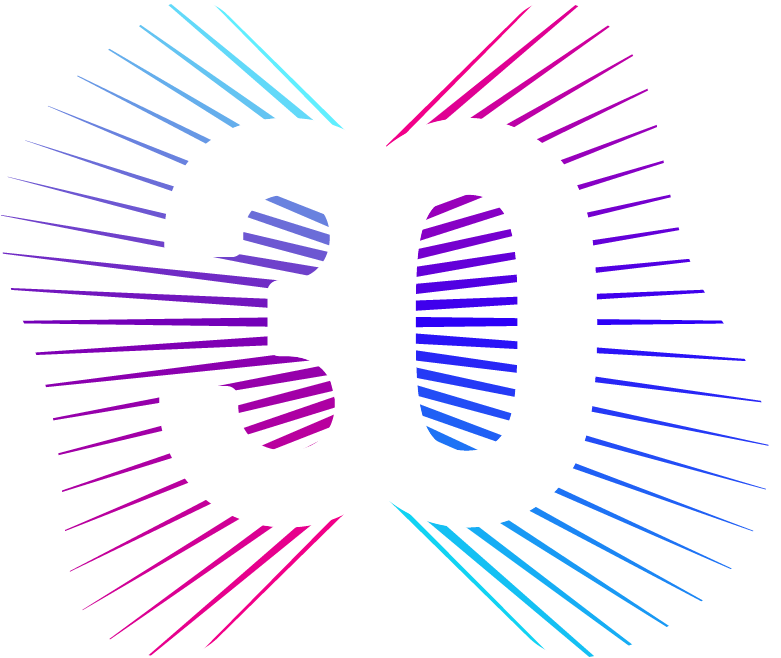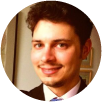[Excerpt - Visit New Haven Register for the full article]
To Mark Abraham, executive director of DataHaven, data is not simply information.
“Each data point is like one person’s story,” said Abraham, who has led the 25-year-old nonprofit organization since 2009. “So data put together is really putting together everyone’s story in a way that’s scientific.”
DataHaven has been indispensable to other nonprofits, such as theCommunity Foundation for Greater New Haven and Yale New Haven Health, say officials at those agencies. Whether it’s the Greater New Haven Community Index, first issued in 2013 with an update coming out this summer, or the Community Wellbeing Survey, Abraham’s group of five staffers sifts through the ever-growing wealth of information to present a picture of Connecticut and Greater New Haven that’s unavailable elsewhere.
“The problem isn’t a lack of data; it’s knowing what data to use,” Abraham said.
Do you trust the police in your neighborhood? Do you own a car? Questions such as these get to the core of residents’ health and well-being, he said. And DataHaven’s services are available to other organizations and researchers. “We provide up to an hour of free assistance to any organization,” Abraham said. “We get requests from researchers, community groups, nonprofits in the New Haven area, and we’re able to write back and point them in the right direction or provide simple analysis,” he said. That’s helpful because of the sea of information that’s flooding our lives. “The amount of data pretty much doubles every year,” he said.
DataHaven is broadly supported.
“There are about 50-something funders,” Abraham said, including hospitals, governments, United Ways and foundations.
The Community Foundation sees DataHaven as “our community knowledge partner,” said Christina Ciociola, senior vice president for grant-making and strategy. The foundation uses DataHaven’s information to help determine how best to support those who work for the greater good in the New Haven area. ....
The information gets distributed through presentations to DataHaven’s partners and other area groups. “I’ve talked to a lot of journalists, philanthropies, universities,” Abraham said. He’s also worked with faculty at the University of Connecticut and Yale University. “Connecticut in general is better than average … in terms of health and well-being measures across the board on any survey,” Abraham said. “The U.S. is better off than foreign countries. Overall, though, the measures of quality of life are not as high as you’d expect … mostly because resources aren’t distributed equally.” The United States stands at 50th in the world in infant health, falling since the 1950s, when it ranked fifth, he said.
On the Community Wellbeing Survey, there are three broad areas “that most affect well-being,” Abraham said. One is “community life, civic life — friends, neighbors, whether you trust your government. Do you believe the police are doing a good job in your neighborhood? “The second bucket that most impacts well-being is health,” he said. “Do you have all the opportunities that you need to be healthy?” including adequate health care, nutritious food and access to mental health care. “In the U.S. and including New Haven, you’ve got a 20-year gap in life expectancy between the most poor neighborhoods and the most well-resourced neighborhoods,” Abraham said. Poorer areas are also more prone to chronic diseases, such as diabetes. “Their quality of life is impacted starting at a young age.” “Another obvious issue besides infant health is homicide rates … mostly affecting people in their 20s and 30s,” Abraham said. Again, poor neighborhoods feel the impact the most. “The third area that most impacts people’s happiness is basically economic opportunity, basic needs,” Abraham said. “It’s not just whether you’re working but whether your job is suited to your needs.” Both underemployment and unemployment act as hindrances to well-being. “It’s usually people who make $50,000 or less who are struggling with those basic needs.”
DataHaven began as a project called New Haven Maps, which showed, block by block, factors such as affordable housing, community gardens and infant mortality. The information was specific not only to neighborhoods but to small areas located within neighborhoods, such as what police identified as drug hot spots. Since 2009, when Abraham was hired full time, DataHaven has gone into high gear. Now, its statistics on teenagers, for example, can be shared with the “10 or 20 organizations” that “probably just have data on the 100 or so teenagers they serve at a given time,” Abraham said.
Abraham, 36, doesn’t just find data informative; he’s enthusiastic about it. “I like the variety, uncovering new information that people can use is really exciting,” he said. “There’s always like a deeper story” behind the data, such as someone’s lack of a car feeding into the unemployment rate. “In Connecticut the transit systems are not amazing; they only reach a quarter of the jobs,” he said. ....
Augusta Mueller, manager of community benefits for Yale New Haven Health, which operates Yale-New Haven, Bridgeport and Greenwich hospitals, said DataHaven conducted an unprecedented survey that included six competing hospitals in Fairfield County, as well as others across the state. Now, “we’re all using the same data. It’s amazing,” she said. Mueller said Yale New Haven Health is using the Community Wellbeing Survey, which it helped to underwrite, to look at health statistics in the 13 towns and cities that the organization focuses on. “I just think that data in the DataHaven survey is wonderful,” Mueller said. “You can see where income and education plays into a person’s health. They really dig into the social determinants with their questions. … It’s more than just a health survey. It takes on the whole well-being of an individual. “Mark is just wonderful to work with,” Mueller said. “He is so incredibly smart and intelligent and knowledgeable, and the way he is able to bring people to work together, to work collaboratively, is really commendable.”
Penny Canny, chairwoman of DataHaven’s board and former senior vice president of the Community Foundation, said Abraham brings talents to the organization that many experts in data collection and curation lack. “He totally gets that this is data for action. It’s not just data to look at, and he’s very active in the community,” she said. Also, “He’s an artist, so he really understands the visual presentation of data” and he’s an excellent writer as well. “You often don’t get that in a data person,” Canny said. “I love it that Mark is part of the next generation … that generation that cares a lot about making New Haven a great place to live and doing the work of making it happen.” ....
“Mark is really easy to work with,” Ciociola said. “I would say that he is very humble and modest given the amount of expertise he has. He has grown DataHaven by leaps and bounds. DataHaven also has done surveys for the Greater New Haven Branch of the NAACP and the Valley Community Foundation. “I think this data is critical to helping guide our work in philanthropy and the nonprofit sector,” Ciociola said. “Without it we would be operating with blinders on.”




